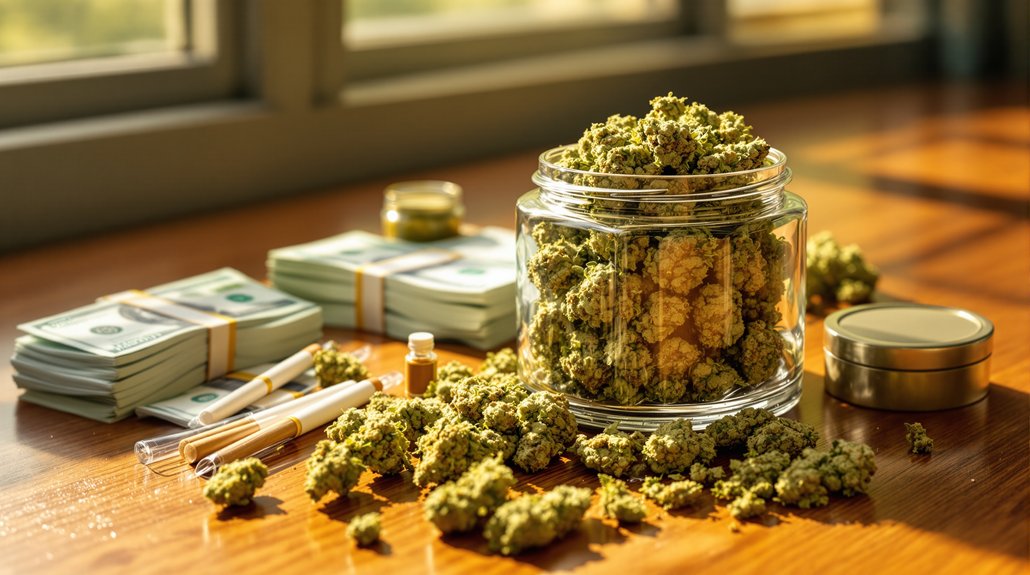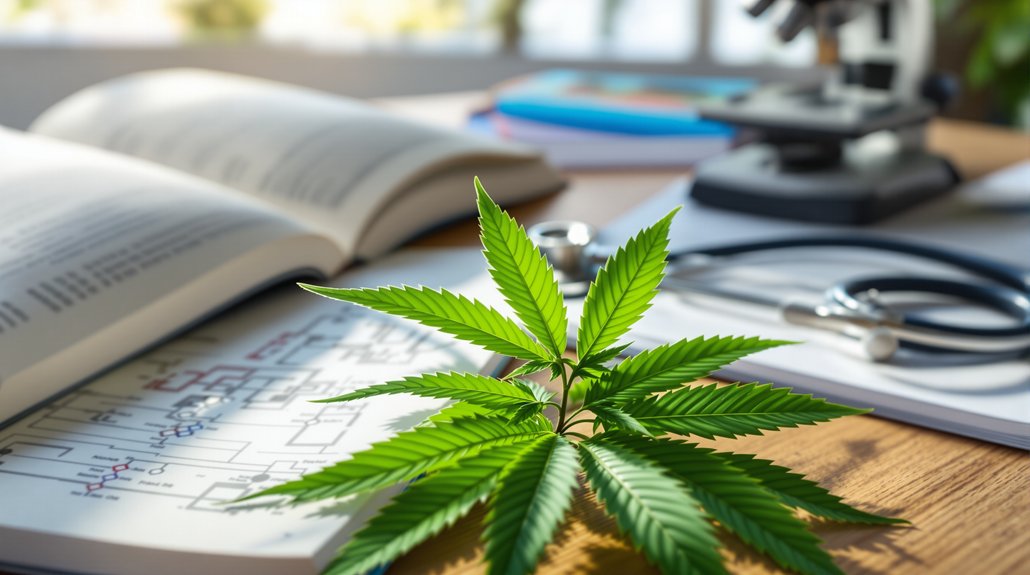Traumatic brain injury affects millions of people worldwide each year, often leaving survivors with lasting cognitive impairments, mood disorders, and reduced quality of life that conventional treatments struggle to address effectively. Recent research has begun exploring an unconventional therapeutic approach: psilocybin, the psychoactive compound found in certain mushrooms, which shows promise for helping injured brains heal and reorganize themselves.
Psilocybin emerges as a promising therapeutic breakthrough for traumatic brain injury survivors, offering hope where conventional treatments have fallen short.
Studies in animal models reveal that psilocybin enhances neuroplasticity, the brain’s ability to form new connections and adapt after injury. The compound stimulates neuroregeneration by increasing levels of brain-derived neurotrophic factor (BDNF) and activating TrkB receptors, which promote the growth of new neurons. Researchers have observed the formation of fresh neuronal connections in critical brain regions, including the cortex and hippocampus, following psilocybin administration.
The compound’s anti-inflammatory properties offer additional therapeutic benefits. In pre-clinical models of repetitive mild traumatic brain injury, psilocybin reduces neuroinflammation and decreases harmful brain swelling. It also supports the clearance of phosphorylated tau, a pathological protein that accumulates after brain injuries and contributes to long-term neurodegeneration. These effects may help prevent the development of dementia and Parkinson’s disease, conditions that often emerge years after traumatic brain injuries.
Psilocybin appears to work by disrupting rigid brain networks and enabling reorganization. The substance induces broad desynchronization of functional brain networks, particularly affecting the default mode network and hippocampus. These connectivity changes persist for weeks after a single dose, correlating with sustained therapeutic benefits. The enhanced hippocampal neurogenesis may improve learning, memory, and emotional processing capabilities that are frequently compromised after brain injuries. Remarkably, psilocybin causes more than threefold greater functional connectivity change compared to other compounds like methylphenidate.
Clinical observations suggest that psilocybin therapy can alleviate depression and anxiety, conditions that affect a significant portion of brain injury survivors. Early research indicates potential improvements in cognition and emotional regulation, with reports linking psychedelic therapy to enhanced quality of life and reduced behavioral symptoms. The compound engages serotonergic pathways, particularly 5-HT2A receptors, which may promote resilient coping mechanisms after trauma. Unlike medicinal cannabis, which carries cannabis use disorder risks in 9-30% of users, psilocybin appears to have lower abuse potential when used in controlled therapeutic settings.
Despite these promising findings, current evidence remains largely exploratory. A thorough review of 29 published studies highlights significant pre-clinical evidence in animal models, but large-scale clinical trials in humans are limited. Most existing research derives from studies in depression, PTSD, and addiction rather than brain injury-specific populations. Unfortunately, there are currently no approved treatments for repetitive head impacts or repetitive mild traumatic brain injury, highlighting the urgent need for therapeutic interventions. Researchers emphasize the need for rigorous clinical protocols to determine fitting dosing, safety parameters, and efficacy across diverse traumatic brain injury populations before this treatment approach can be widely implemented.









